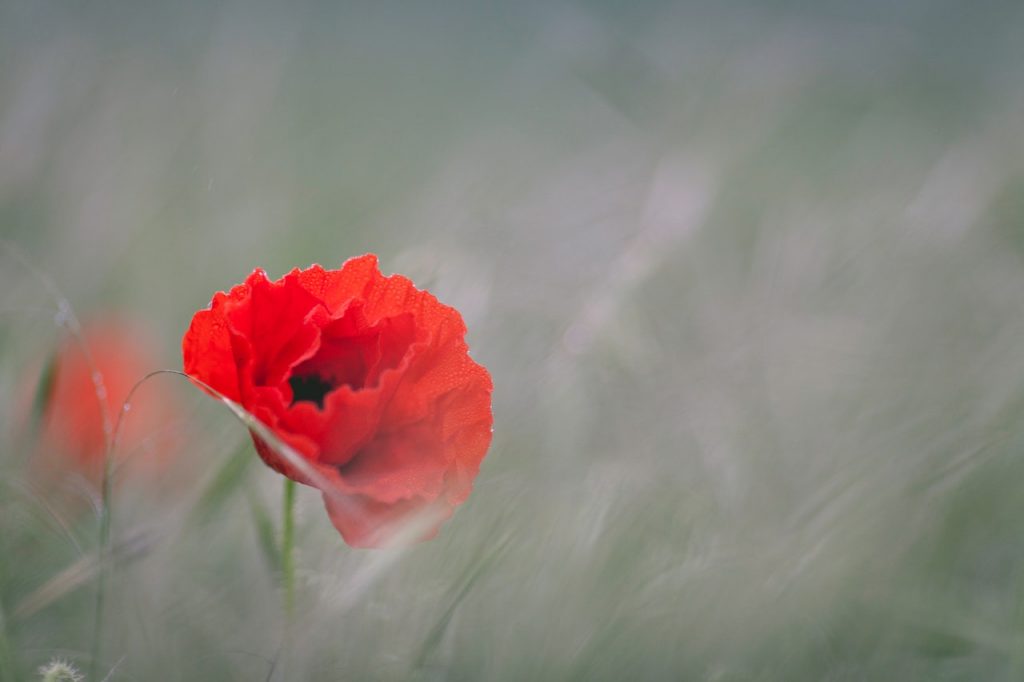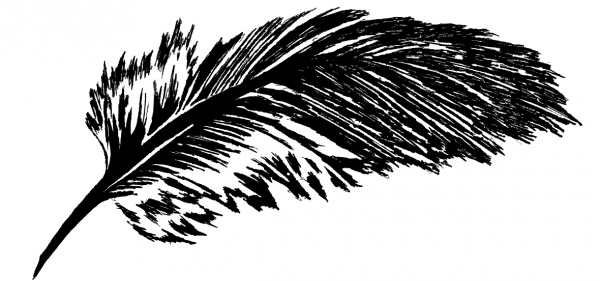Three reasons why observing Remembrance Day in a global pandemic carries special significance

There is no doubt that our Remembrance Day activities look different this year. School services and assemblies were held online. I followed my family’s tradition of watching the national service in Ottawa from the comfort of my living room, noting the scaled-back attendance and display of face masks. To be brutally honest, in light of the state of everyone’s current state of pandemic-related chronic fatigue and stress, the whole thing had me asking myself whether any of this is worth it. What meaning can the poppy have for us in 2020?
The truth is: a whole lot.
Here are three big reasons why remembering the supreme sacrifice of our fellow Canadians is especially important in 2020:
1. The last global pandemic happened at the end of World War I.
The First World War lasted from August 4, 1914, to when Armistice was signed on November 11, 1918. Around this time, people across Europe began mysteriously dying from a respiratory illness that was later discovered to be a deadly strain of influenza.
Only Spain, which was neutral in the war, made its infection rate known to the world, because the countries still in the war did not want to alarm their troops or show weakness to the enemy. The H1N1 influenza virus thus gained the unfortunate misnomer of “the Spanish flu.”
The Great War had already taken the lives of 66,000 Canadian and Newfoundlander soldiers (over one-tenth of those who served), and wounded more than 172,000 others, sometimes terribly. By the time the flu pandemic was mostly done in 1920, the virus had claimed 50,000 more Canadian lives, and anywhere from 20 to 100 million worldwide. Imagine the compounded trauma of returning from a devastating war only to lose more loved ones to an invisible enemy. Imagine how the soldiers must have felt when they realized that this enemy came home with them.
2. Democracy cannot be taken for granted.
Last week, many, if not most, of us learned more about the American electoral system than we ever thought we’d know.
How much do you know about the Canadian electoral system? What’s the difference between a president and a prime minister? How does the vote get counted in Canada? Why don’t we elect our prime minister directly? How does our system work well? What might improve it?
These are all important questions, and all the more important in light of Remembrance Day. At its core, a democracy is about giving a voice to the people. That voice allows us to choose our leaders, to evaluate the job they have done, and to choose the same or differently the next time. In a democracy, might does not make right. In a democracy, our opponent is not our enemy. Democracy gives us the freedom to disagree, to speak out, to change each other’s minds, because deep down we know we all want the same thing: a home, a job, and people to love. It is these things that the soldiers we remember died for. They did not die so we could be divided by our differences. They died so we could be united by our strengths.
3. Life is bigger than any one of us.
The last living Canadian World War I Veteran, John Babcock, died at the age of 109 more than 10 years ago on February 19, 2010.
As of March 2019, 33,200 Canadian Veterans of World War II (1939-45) and 6,500 Canadian Veterans of the Korean War (1950-53) were still living. The average age of our war veterans is 93 years.
As of March 2019, the estimated Canadian Armed Forces Veteran Population (Regular Forces and Primary Reserves) was just over 600,000. These people have served the cause of peaceful democracy in places such as Rwanda (1993-1996) and Afghanistan (2001-2014). Their average age is 58 years.
To date, over 10,000 Canadians have died from our newest invisible enemy: COVID-19. The vast majority of these deaths have occurred in personal care homes, the kinds of places where our veterans will be living. It is worth considering that we owe our elders and our veterans extra respect this year. Many of them will not be able to attend the ceremonies and parades they hold so dear. After living and dying to protect our democracy and our way of life, they are now looking to us to protect them.
They left their homes, their loved ones, and travelled across the ocean. We are being asked to stay home with our loved ones and wear a mask when we must go out to school or work. We can do this. We can do this for those who fought for us. We can do this for each other.
Why do we remember? Lest we forget.
This Remembrance Day 2020, I can find a way to remember what was lost – and won – for all of us.

